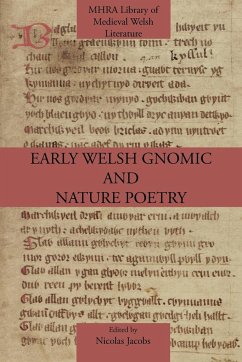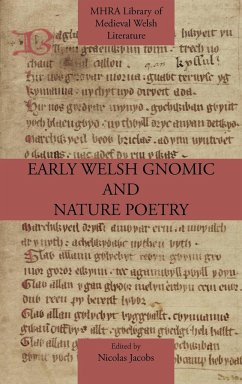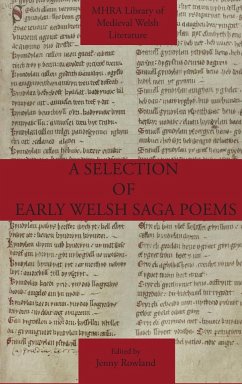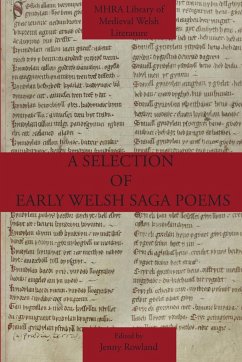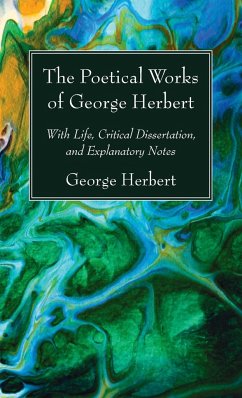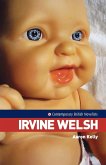Among the most enigmatic and fascinating of early Welsh poems are the sequences of stanzas commonly categorized as gnomic. In their most typical form they juxtapose vivid natural description with generalisations about the physical world and about human life, combining an evident delight in weather and the changing seasons, landscapes and seascapes, and birds, beasts and plants with a serious and often witty concern for the moral and practical aspects of daily life. The origin and function of these stanzas remains a puzzle; some may be associated with particular situations in narratives now lost, but as a whole they appear to have developed at an early stage into a recognised genre of their own. They may be supposed to have a philosophical purpose, serving to assert a continuity between the natural and moral orders; on the other hand they may be read simply as a repository of folk-wisdom. While their interpretation remains a matter for discussion, their language is comparatively simple, and they thus provide an engaging window on the ordinary conceptual world of mediaeval Wales. This volume presents texts of the gnomic stanzas from the most important collection, that in Red Book of Hergest, and from some other manuscripts, with a few other poems containing related material, some of them edited in English for the first time, together with a literary and linguistic introduction, explanatory commentary and extensive glossary. Nicolas Jacobs is an Emeritus Fellow of Jesus College, Oxford.

